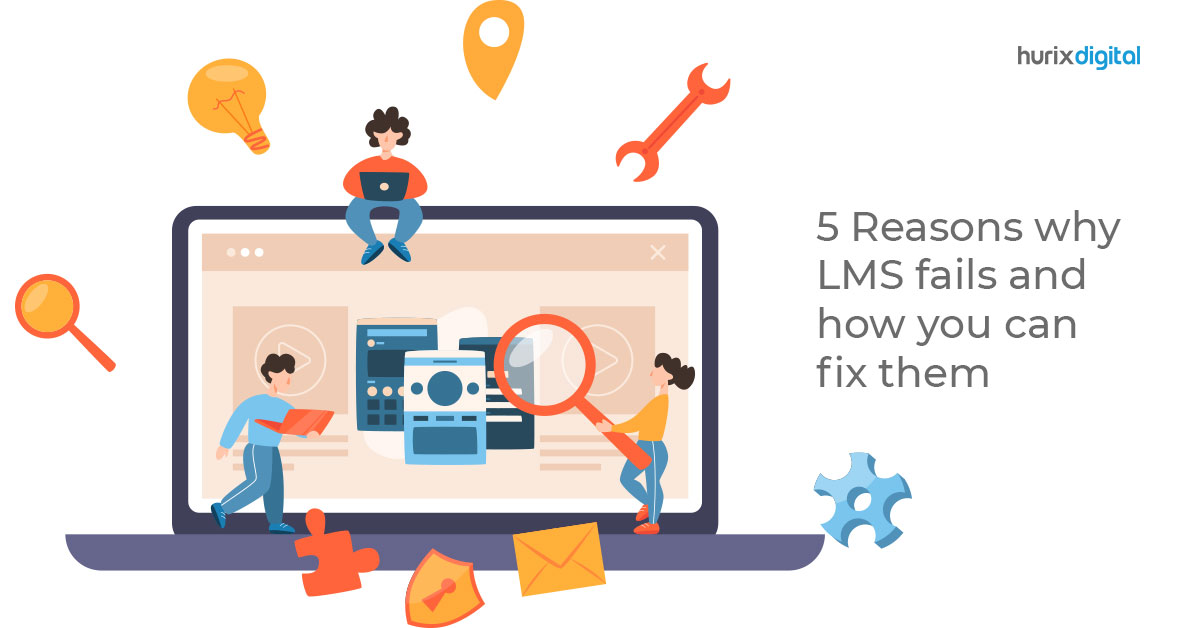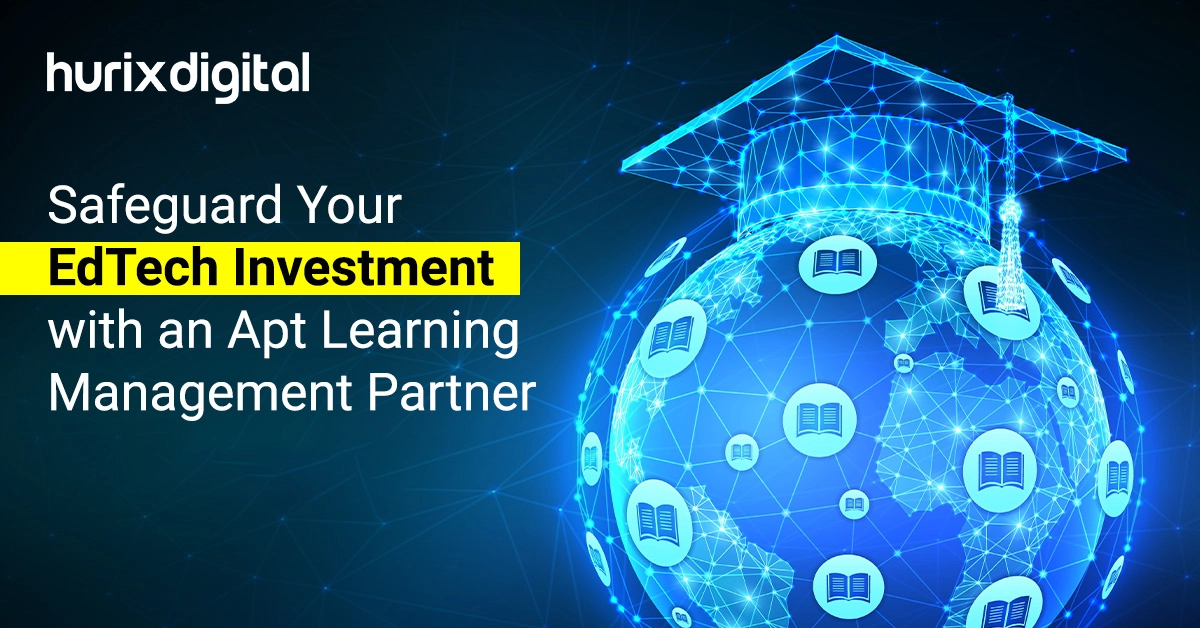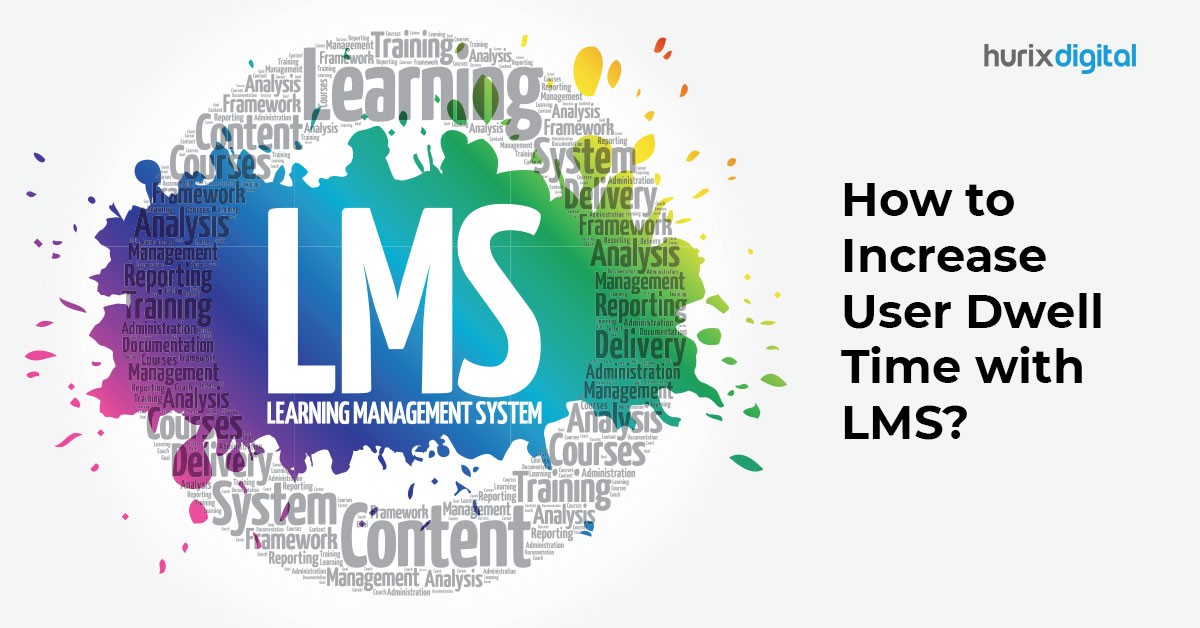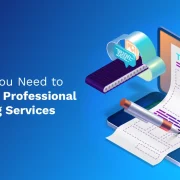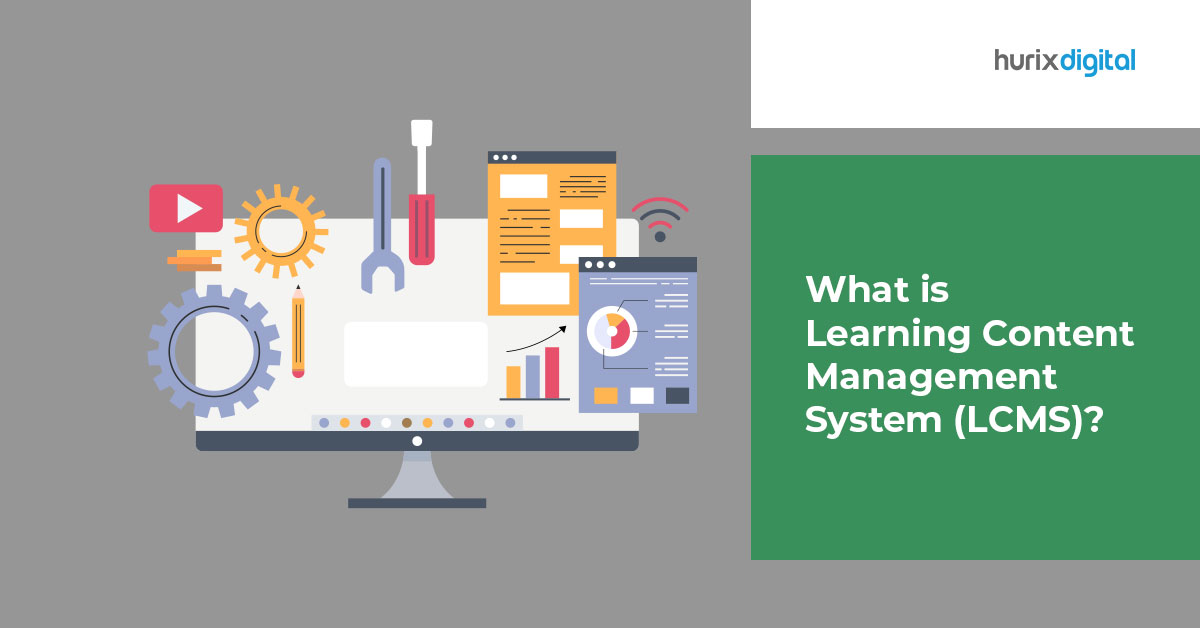
What is Learning Content Management System (LCMS)?
Summary
This article explains what a Learning Content Management System (LCMS) is, discussing its benefits and how it differs from traditional LMS platforms.
Learning content management systems, commonly known as LCMSs, have become an effective instrument for organizing and providing educational content.
The demand for LCMSs has increased significantly with the widespread adoption of online education and e-learning. A learning content management system refers to a software application that streamlines creating, managing, delivering, and tracking learning content for educational and training purposes.
It is a sophisticated platform that allows educators, trainers, and instructional designers to develop, organize, and distribute educational content for learners.
What is a Learning Content Management System (LCMS)?
A learning content management system (LCMS) is a progressive form of the content management system (CMS) that concentrates solely on producing learning material. In addition, the primary purpose of an LCMS is to make the management, creation, and delivery of educational material more effective and efficient.
With the help of LCMSs, teachers and trainers can create multimedia-rich content, such as animations, videos, simulations, and interactive activities. They can also manage the content in a centralized spot, making it seamless to revise and circulate to students.
Understanding the Features of LCMSs
LCMSs are designed to facilitate creating and delivering learning content across multiple channels, such as web-based courses, mobile devices, and other online learning platforms.
Below are some key features of a learning content management system.
- Content Management
The content management feature allows users to manage and organize learning content effectively. Moreover, with an LCMS, individuals can track, store, and update learning content in a central warehouse. It makes handling considerable amounts of learning content easier and ensures students have access to the most up-to-date content.
- Content Creation
The content creation feature of an LCMS allows instructional designers, subject matter experts, and trainers to create multimedia-rich learning content.
LCMSs typically provide content creation tools, such as authoring tools, video/audio editors, and graphic design tools. An LCMS’s content creation feature helps create engaging and interactive learning content that can keep learners motivated and interested.
- Content Delivery
The content delivery feature of a learning content management system allows users to provide learning content to students across different devices, platforms, and locations.
LCMSs generally support various delivery modes, such as mobile learning, web-based courses, virtual classrooms, and combined learning. Besides, the content delivery feature of a learning content management system ensures that students have access to learning content anytime, anywhere.
- Assessment and Evaluation
An LCMS’s assessment and evaluation feature allows users to create and administer assessments and evaluations to measure learner progress and performance.
LCMSs typically provide a variety of assessment types, such as quizzes, tests, and surveys. An LCMS’s assessment and evaluation feature helps ensure that learners have achieved the desired learning outcomes and that their progress is evaluated and monitored.
- User Management
The user management feature allows users to oversee instructors, learners, and administrators. This feature authorizes users to create and handle user profiles, track user progress, and assign roles and permissions.
It helps ensure that learners receive the appropriate level of access to learning content and that their progress is tracked and monitored.
- Social Learning
The social learning feature of a learning content management system allows students to communicate and collaborate and instructors. It enables students to share ideas, knowledge, and feedback and to learn from each other.
It also helps create a cooperative learning environment that encourages learning and engagement.
- Reporting and Analytics
An LCMS’s reporting and analytics feature gives users detailed insights into learner progress, performance, and engagement. LCMSs typically provide reporting and analytics tools like dashboards, graphs, and charts.
Moreover, this feature helps determine areas where students are struggling and where progress can be made in learning content and delivery.
- Personalization
The personalization feature of an LCMS allows users to customize learning content to meet individual learners’ specific needs and preferences. It enables the creation of personalized learning paths, content, and assessments based on learner profiles and performance data.
It also helps increase learner engagement and motivation by providing learning content that is relevant and meaningful to learners.
Advantages of A Learning Content Management System
Learning content management systems offers different advantages to organizations and educators, making it a worthwhile investment. Below are some of their key advantages
- Scalability
A learning content management system is highly scalable and can efficiently manage large amounts of academic content. It is particularly essential for developing companies that need to expand their educational content.
LCMSs allow instructors to create and provide content to many trainees without performance issues. As learners thrive, LCMSs can adapt to the increased demand for educational content.
- Streamlined Content Creation and Management
An LCMS allows educators to create and handle educational content in a streamlined way. It offers a centralized forum for content creation, assessment, and authorization.
With LCMSs, educators can team with other team associates in real-time, which makes the content-creation process more efficient. Additionally, such systems provide version control, so educators can track changes made to the content over time, making it more effortless to maintain a constant message and avoid mistakes.
- Cost-effective
An LCMS is a cost-effective solution for organizations that need to deliver educational content. It eliminates the need for physical classrooms, textbooks, and other materials, which can significantly reduce costs.
LCMSs also provide a centralized platform for content creation and delivery, reducing the need for multiple systems and tools.
- Customization
LCMSs allow educators to customize the educational content based on the needs of the learners. They can create content tailored to learning styles, knowledge levels, and preferences. By offering customized content, learners are more likely to engage with the material and retain the information.
- Improved Learner Engagement
A learning content management system offers several features that enhance learner engagement. For instance, LCMSs provide interactive content, such as games, quizzes, and simulations, making learning more engaging and enjoyable.
Additionally, LCMSs can provide learners with personalized feedback, which can help them understand their strengths and weaknesses and improve their performance.
- Analytics and Reporting
An LCMS offers robust reporting and analytics features that allow educators to track student performance and gauge the effectiveness of the learning content.
Analytics can deliver insights into learner behavior, such as which parts of the content they find most challenging and how much time they spend on it. This data can help educators make data-driven choices and improve the educational content over time.
- Accessibility
LCMSs allow educators to deliver educational content to learners regardless of their location. Additionally, an LCMS provides accessibility features, such as closed captioning, which makes the content accessible to learners with disabilities.
Final Words
A learning content management system is a valuable investment for organizations and educators that must deliver educational content to students. It offers advantages like scalability, streamlined content creation, and improved learner engagement. Moreover, with the widespread adoption of e-learning and online education, the need for LCMSs will only continue to grow.
Looking for a comprehensive learning content management system? Hurix can be your partner. We are a leading name in cutting-edge online learning solutions for seamless training. For more details, get in touch with us.


